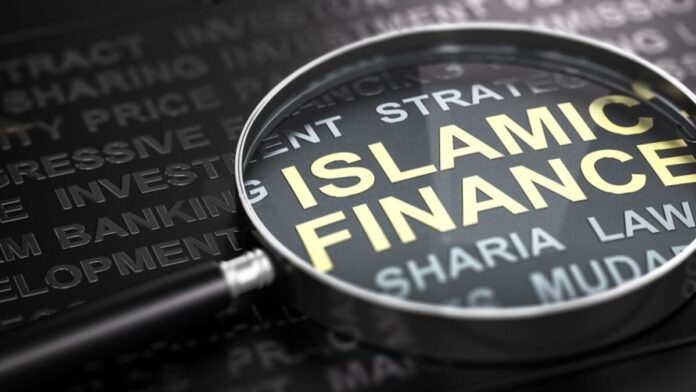It is easy to get lost in Dubai’s myriad of investment options. Today’s complex financial landscape gives investors ample choices between mutual funds, unit trusts, closed-end funds (CEFs), hedge funds and exchange-traded funds (ETFs).
An ETF tracks an index or group of assets like stocks, commodities or bonds. These are often called Exchange Traded Funds. They are similar to traditional mutual funds, but they trade like stocks on a stock exchange. Most ETFs track indices that follow well-known benchmarks such as the FTSE 100 or Dow Jones.
Index funds are considered one of the Holy Grails of investing. They attempt to provide investors with a return that matches an index such as the FTSE 100 by buying all the member companies in that chosen index and then selling short any stocks that do not make up the total weighting of that particular index.
An ETF can be bought and sold at any time during its trading hours (most ETFs only trade on stock exchanges during business hours like conventional stocks). According to supply and demand from other market participants, the price fluctuates continuously through each trading day. Unlike mutual funds, there is no minimum investment amount required to purchase an ETF.
Benefits of ETFs
Accessibility
Investors gain exposure to many companies with just one trade when trading with ETFs. There is no need to research and buy shares in each company within the index/sector you wish to invest in. Furthermore, ETFs can be bought and sold on exchanges like conventional stocks, making them accessible 24 hours a day. For most securities, exchange-traded funds work best when you don’t intend to hold them for more than one trading session (although some managers aim for longer-term positions).
Diversification
ETFs, provide investors with broad market exposure at low costs because they seek to track an entire index or sector of the market rather than beat it with active fund management. They provide diversification within a sector and offer diversification across all the market sectors. Investors can gain instant exposure to an entire asset class or index without having to allocate money to many individual securities.
Transparency
The price of an ETF trades like a stock, so you can see real-time quotes and other information on your computer screen whenever you want to do research. Traditional mutual funds are priced once at the end of each trading day, based on their Net Asset Value (NAV). Since there is more than one share class for mutual funds, investors would not know what price they were buying or selling unless they called their financial adviser during business hours when the fund company sets prices for that particular share class.
Tax Efficiency
There are no capital gains tax considerations for an ETF. Capital gain distributions are only realized when investors sell their shares in the open market. In contrast, long-term capital gains taxes do not apply to mutual funds since all net realized capital gains are passed on directly to unitholders annually through a capital gains distribution.
An investor’s cost basis is also more transparent with an equity mutual fund because it is based on your initial purchase price plus reinvested dividends and other earnings/losses. However, with an ETF, the calculation of your cost basis depends on whether you bought individual stocks within that index or bought into the ETF itself.
If you bought into the ETF, they would calculate your cost basis at either your average cost or the current market value of all the underlying stocks within that index. On the other hand, if you bought individual securities within that index, they will calculate your cost basis at either your average cost or your initial purchase price.
How do you choose the best ETF for your portfolio?
Understanding the pros and cons of ETFs will help you assess if they are suitable for your portfolio. While there are many benefits associated with ETFs, deciding which ones to use in your investment plan requires careful consideration of your particular needs and requirements.
An investment professional who is well versed in the various types of ETFs can help you decide which ones may be appropriate for your portfolio.More info here.























